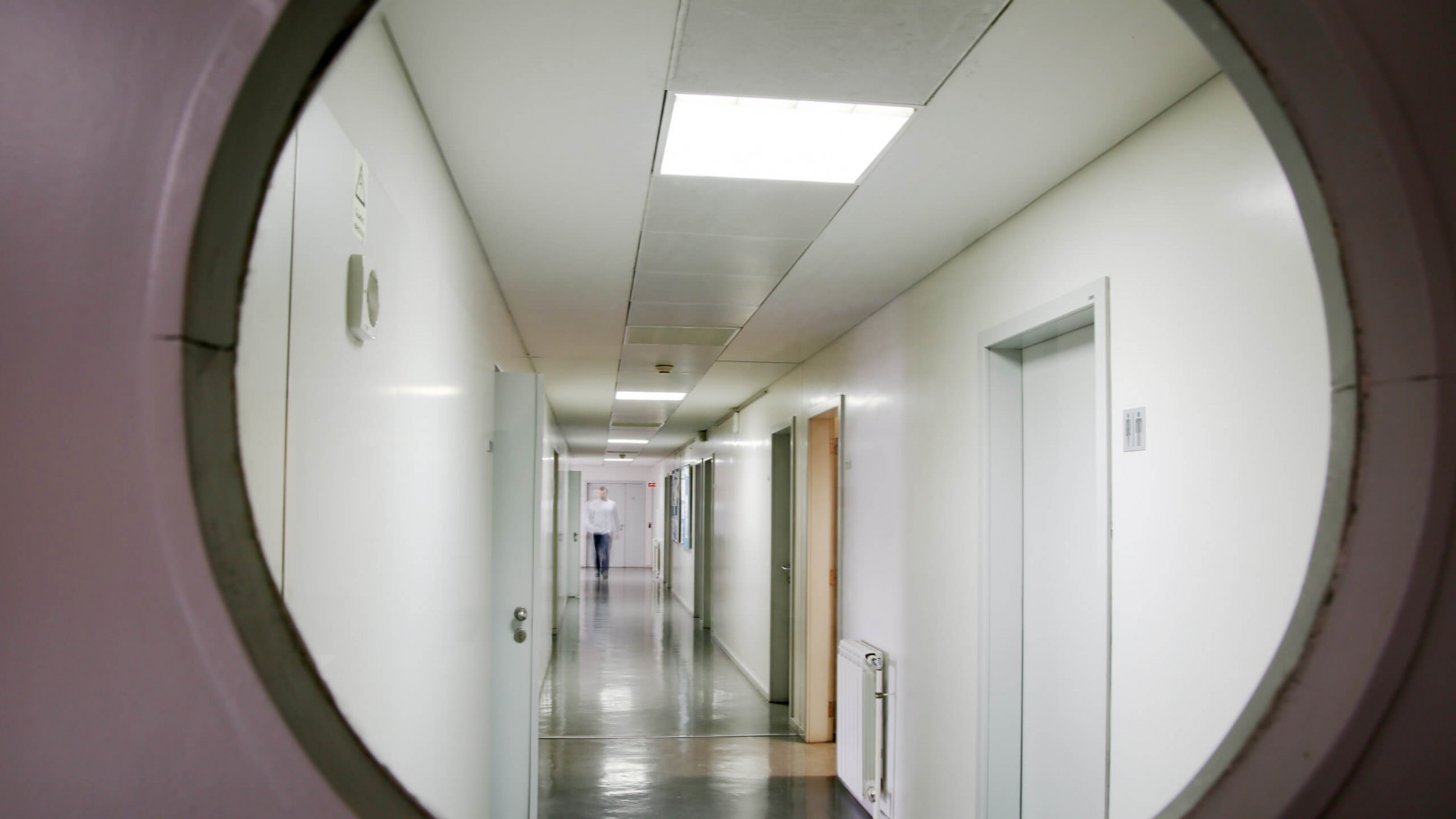About
Software is increasingly present in our lives, covering diverse areas such as navigation systems, control systems, service support systems, teaching support systems, etc. In this context, software quality is a critical aspect that should be seriously considered. Software Engineering is concerned with ensuring that the software is built in a systematic, rigorous, measurable, timely, cost-effective and specification-driven manner.
The laboratory belongs to the Department of Informatics Engineering of FEUP. It is located in the I Building (122). The senior researchers that work in this lab are associated with INESC TEC's Centre for Information Systems and Computer Graphics (CSIG) , in the area of Software Engineering. Some master and doctoral students and research grantees of FEUP, not associated with INESC TEC, also work in this lab.
Location: FEUP Campus, Porto
Our mission is:
- to develop new methods, techniques and tools that promote the way software is designed, synthesized and evaluated;
- to ensure that the results of our research have a lasting impact on software development practice;
- to provide students with an education that prepares them to take a leading role in complex software development projects; and
- to contribute to improving the competitiveness of the industry.


